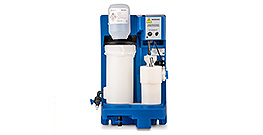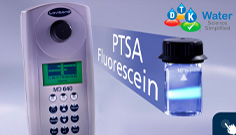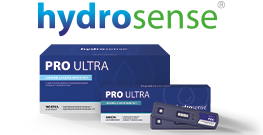Abstract Domestic hot water installations provide an ideal habitat for Legionella spp. and pose a potential risk of human infection. Heating the water is considered the major preventive measure against Legionella contamination. Our study aimed to understand better the relationships between hot water temperatures and Legionella spp. occurrence within such systems. We utilized routine monitoring… Read more »
We can offer our customers several secondary disinfection options to control issues like biofilm formation and harmful bacteria proliferation
Genox or chlorine dioxide
For water usage above 60m³/day, we recommend installing either a chlorine dioxide unit or a Genox unit. The Genox units generate hypochlorous acid from brine electrolysis with running costs as low as 4.0 pence/m³.
Ultralox 40 or SuPerSil
For smaller systems, continuous dosing with Ultralox 40, a hypochlorous acid solution, is a cost-effective alternative with few safety risks.
Similarly, silver peroxide dosing suits low to medium water usage systems.
For more information contact [email protected]











